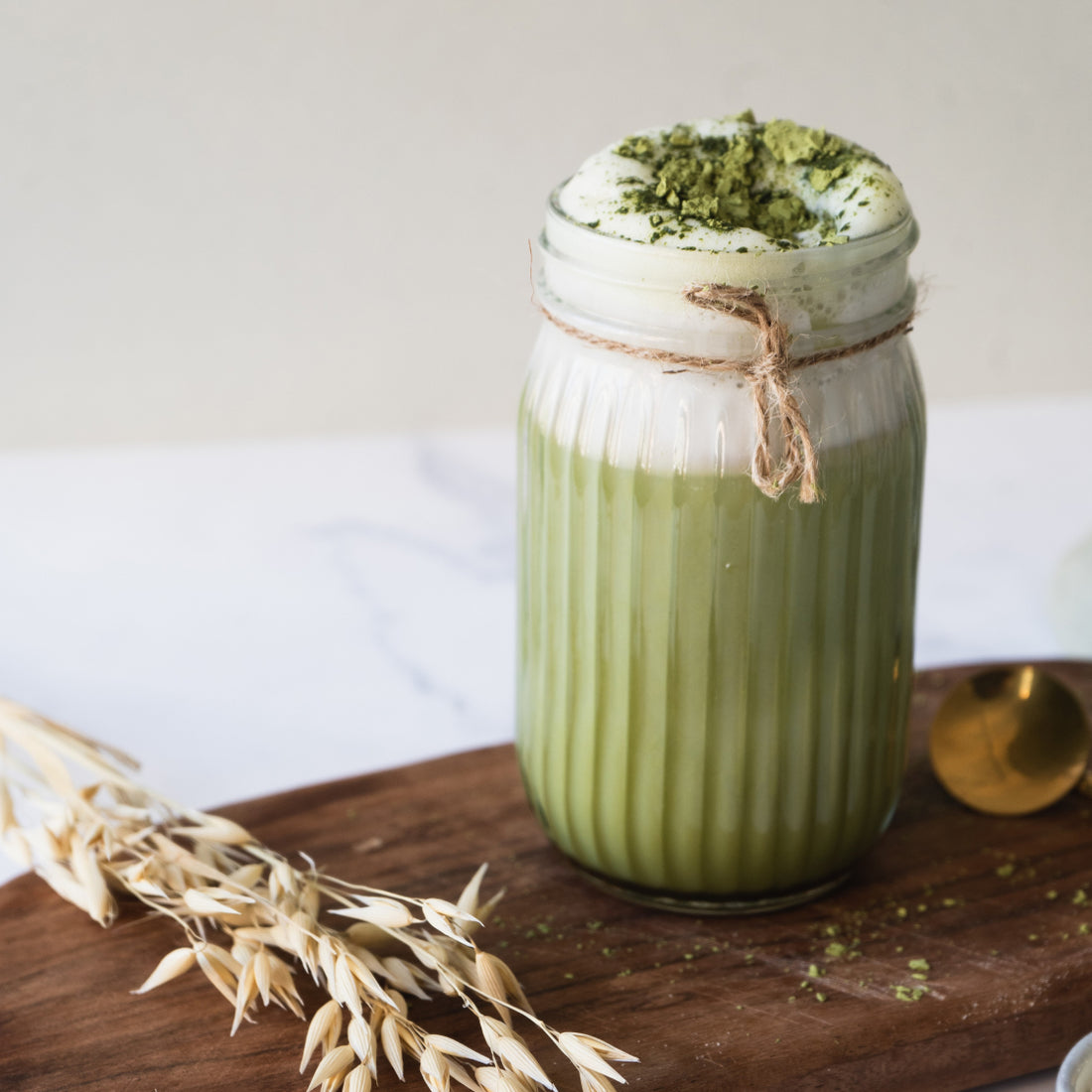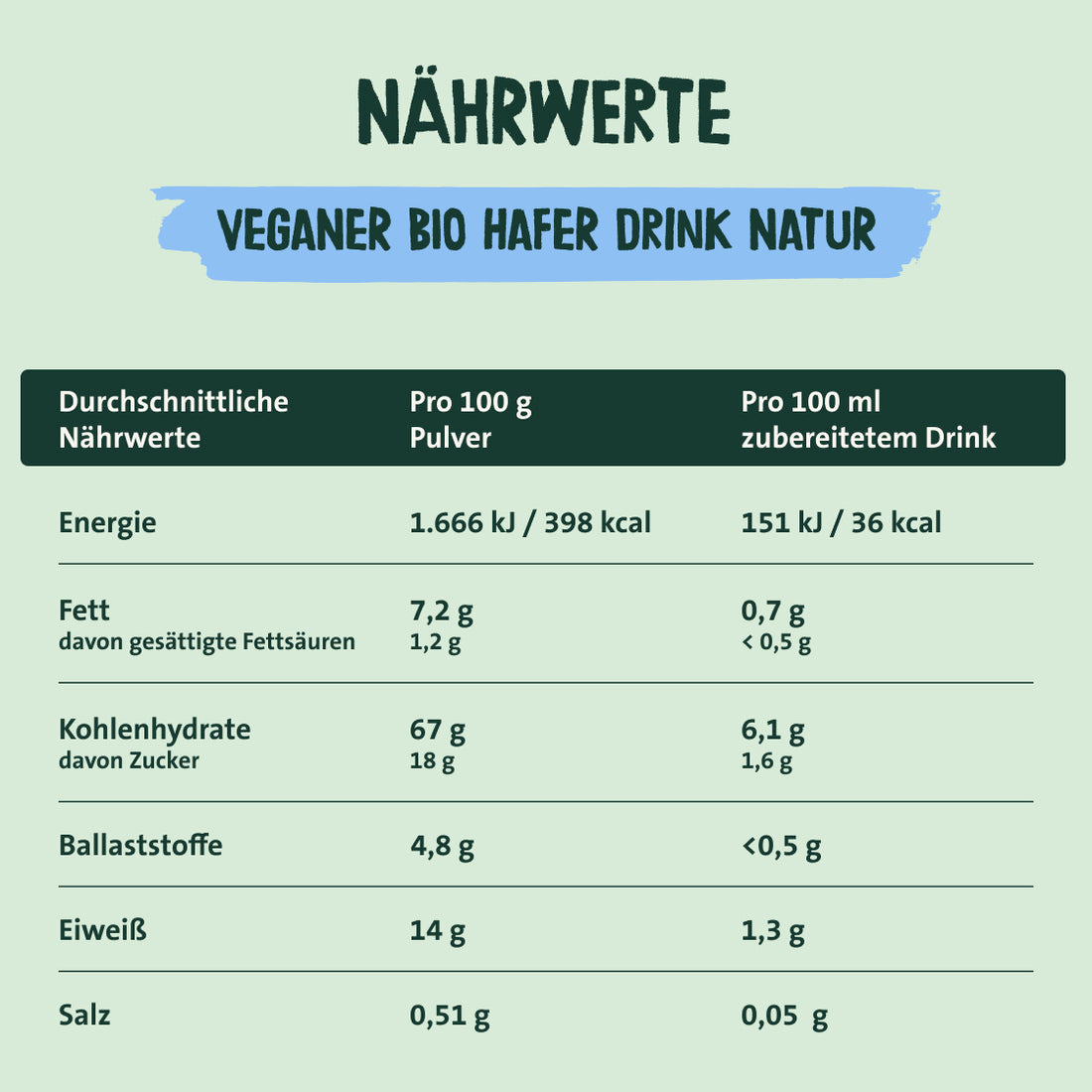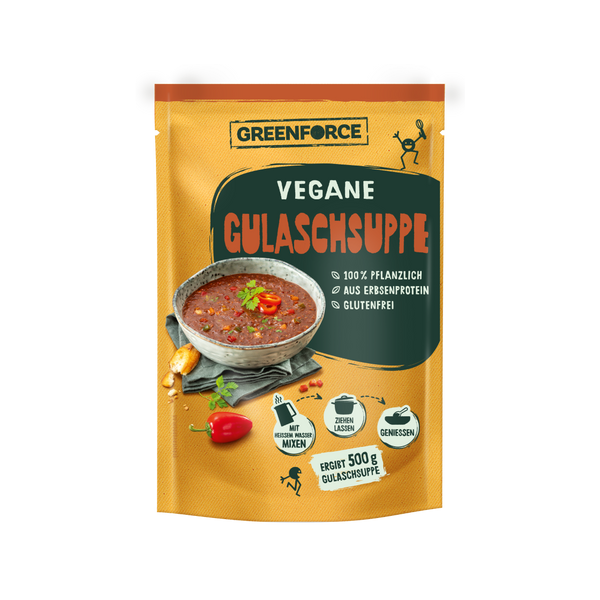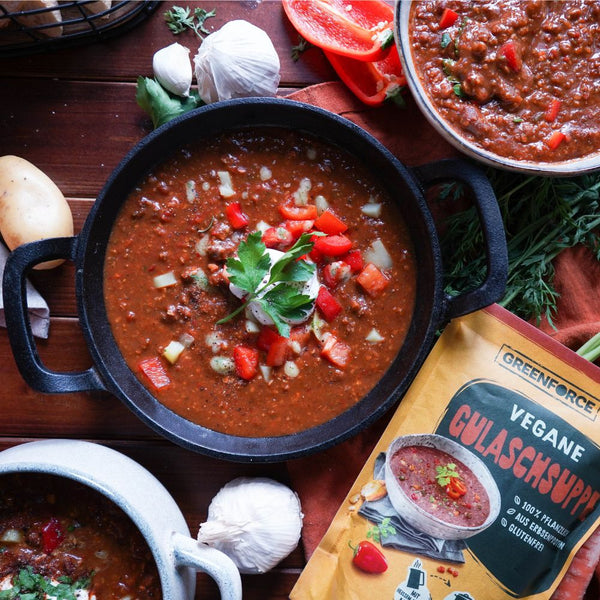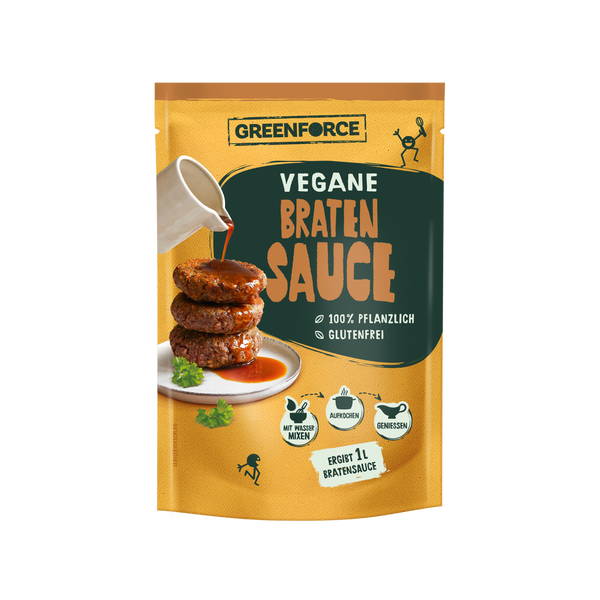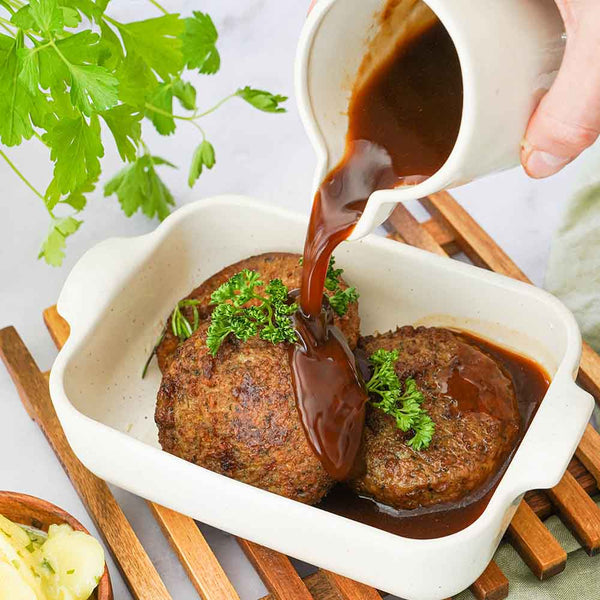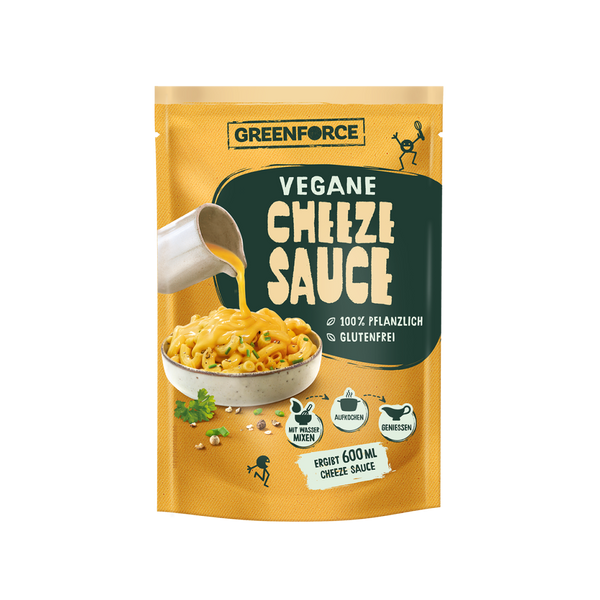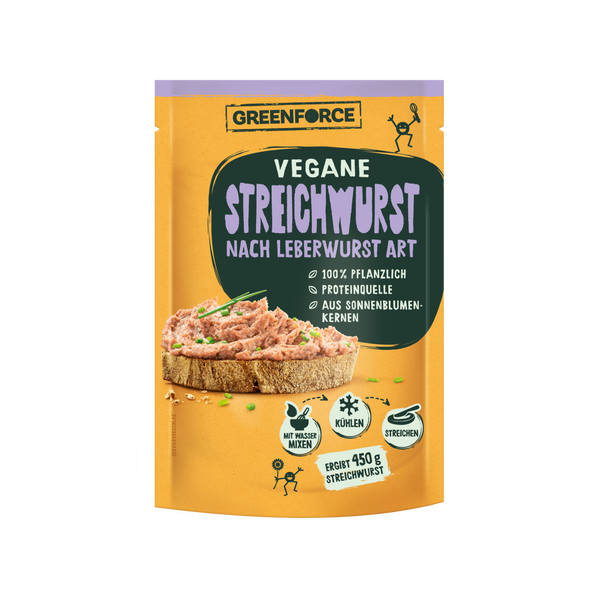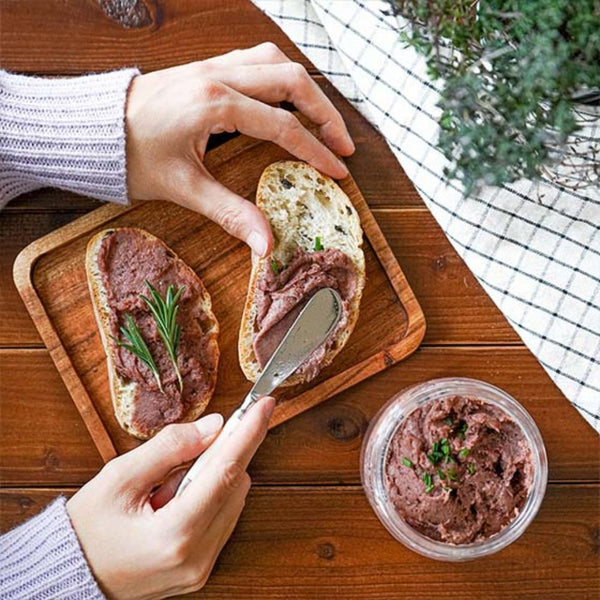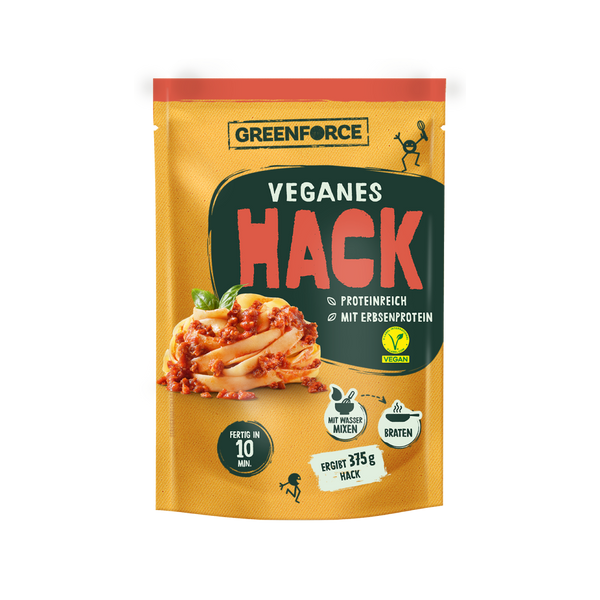Elimination diet
If you suspect that you may have gluten intolerance , it is best to first speak to your doctor. The family doctor can be the first point of contact and, if necessary, refer you to a specialist practice, for example an allergology practice.
Unlike celiac disease , blood tests are not informative if you have intolerance , but are still useful to rule out other diseases. If the blood work is normal, you can go on an elimination diet. You consistently avoid foods containing gluten for several weeks or even months and observe your body's reaction.
Tip : Keep a food diary during the elimination diet and afterwards to make the connections between your eating habits and any symptoms visible!
If you achieve relief from your symptoms through a gluten-free diet, you are likely to have gluten intolerance. In individual cases, an intestinal biopsy can also be useful in order to detect changes in the intestinal mucosa and to safely rule out celiac disease.
Important : A blood test should always be carried out before starting an exclusion diet, as the diet can distort the blood values. Celiac disease in children in particular must be ruled out by a doctor before a gluten-free diet can be tried.
Treatment for gluten sensitivity
If it is clear that you suffer from gluten intolerance and not casein intolerance, soy intolerance or a rye allergy, you should make your menu gluten-free or at least low-gluten in the future. Many plant-based foods do not naturally contain gluten, especially fruits and vegetables.
Vegan products are also often free of gluten. Even without strict dietary rules, a low-gluten or gluten-free diet is quite possible.
Note: Every body reacts individually. So you have to test which foods you can tolerate in small quantities and what you should avoid completely.
Which foods contain gluten?
Gluten is found not only in wheat, but also in barley, rye, bulgur, spelled and seitan. Although oats do not contain gluten, they are often processed in the same production facilities as grains containing gluten. This could contaminate the products, which is why you should avoid oats if you have severe gluten intolerance - at least on a trial basis
If you would like to make your menu as gluten-free as possible, we recommend that you eliminate or significantly reduce the following foods:
- Bread/baked goods
- Cereals/muesli
- Cookies
- pancakes
- Bread baking mixes
- Crackers and croutons
- Noodles
Caution is also advised with beer and malt drinks, soy sauce and generally with ready-made sauces and stocks. In principle, however, there are now gluten-free substitute products and vegan alternatives for many things that are labeled accordingly.
We recommend that you always study the list of ingredients carefully. Gluten can also be contained in products that you wouldn't even suspect, such as potato chips or French fries. The same applies to industrially processed cold cuts, for which there are also many delicious vegan alternatives . It's best to always keep in mind that gluten is also used as an excipient and is then declared, for example, as "wheat starch" or "wheat flour".
 Germany
Germany
 Austria
Austria
 Switzerland
Switzerland
 Netherlands
Netherlands
 Belgium
Belgium
 Luxemborg
Luxemborg








